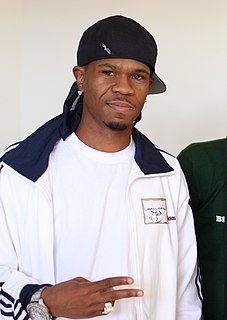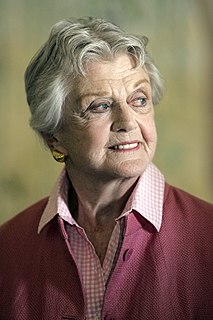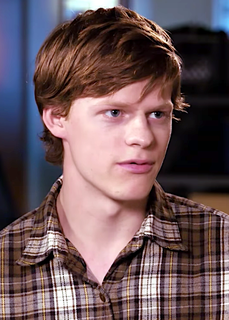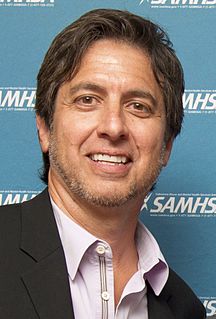A Quote by Nathan Fillion
When people embrace character, there's latzie. It's the stuffing of a scene that's not written. It's not in the stage direction and it's not in the words. When people embrace character, it informs their living, breathing moments in a scene so well.
Related Quotes
Stage is so important because it teaches me how to convey character with words - how to convey how a character reacts by the way they appear on stage. I can usually tell a playwright from someone who has never written for the stage. Did the character work? Did the dialogue reveal who the character is?
For a sitcom sex scene, you get in bed and that's the end of the scene. It quick and it was fast, but it was foreign territory for me. Not for Bobby. Bobby Cannavale has been down that road before. With my character, I think it will be a one-and-out. I don't think you'll see my character [in Vinyl] naked again, so relax everybody.


































